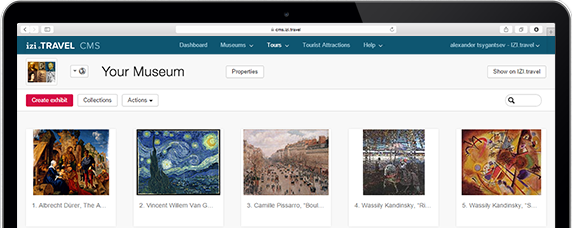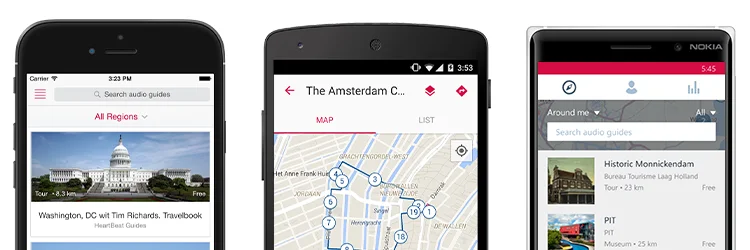2 sights
- Ljudturssummering
-
Ljudturssummering
Welcome to Athens!
Our audio guide to the Keramikos Archaeological Park in Athens offers a fascinating journey through the ancient area, which occupies an important place in the history of the city. Located northwest of the Agora and separated from it by urban areas, Keramikos has long served as a place of residence for craftsmen who used clay brought by the River Eridanus to create their pottery. They named this area after the ancient Greek hero Kerama, the son of Dionysus and Ariadne, who was considered the patron saint of potters. In addition, since the Bronze Age, the oldest necropolis of Athens has been located here, where for more than a thousand years the most important citizens and rich visitors (Miteks) have been buried.
At the end of the sixth century, the area was abandoned and remained closed to researchers until 1863, when a stone stele was accidentally discovered. During subsequent excavations conducted during the construction of the metro station, more than a thousand graves dating back to the 5th-4th centuries BC were found, including the common grave of victims of the plague of 430 BC.
Today, Keramikos is an open-air museum where visitors can enjoy the splendor of historical monuments such as part of the Themistocles Wall, the Dipilon and Sacred Gates, Pompeion and the necropolis itself.
During this tour, you will gain a deeper understanding of the significance of this unique place and its contribution to the history of Athens and ancient Greek culture.
- 1 History of the district
- 2 Themistocles' Wall
- 3 A sanctuary with a marble altar
- 4 Building Z
- 5 The Sacred Gate
- 6 The Keramikos quarter.
- 7 Eridan
- 8 Pompon
- 9 Fountain
- 10 The Dipilon Gate
- 11 The road to the Academy
- 12 Funeral traditions in Athens
-
Ljudturssummering
Welcome to Athens!
Our audio guide to the Keramikos Archaeological Park in Athens offers a fascinating journey through the ancient area, which occupies an important place in the history of the city. Located northwest of the Agora and separated from it by urban areas, Keramikos has long served as a place of residence for craftsmen who used clay brought by the River Eridanus to create their pottery. They named this area after the ancient Greek hero Kerama, the son of Dionysus and Ariadne, who was considered the patron saint of potters. In addition, since the Bronze Age, the oldest necropolis of Athens has been located here, where for more than a thousand years the most important citizens and rich visitors (Miteks) have been buried.
At the end of the sixth century, the area was abandoned and remained closed to researchers until 1863, when a stone stele was accidentally discovered. During subsequent excavations conducted during the construction of the metro station, more than a thousand graves dating back to the 5th-4th centuries BC were found, including the common grave of victims of the plague of 430 BC.
Today, Keramikos is an open-air museum where visitors can enjoy the splendor of historical monuments such as part of the Themistocles Wall, the Dipilon and Sacred Gates, Pompeion and the necropolis itself.
During this tour, you will gain a deeper understanding of the significance of this unique place and its contribution to the history of Athens and ancient Greek culture.
Recensioner
Ladda ner appen izi.TRAVEL gratis
Skapa dina egna ljud-turer!
Användningen av systemet och den mobila guide-appen är helt gratis


